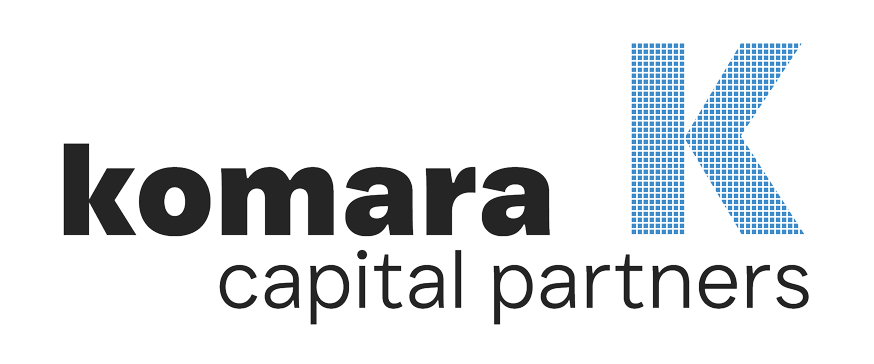Buying vs. Renting a Home in Florida: 6 Aspects to Consider
Health and lifestyle benefits are high on the list of why many people choose to spend part or all of their time in Florida: Below are some general considerations to keep in mind when thinking about buying or renting a home in Florida. This information is intended for educational purposes only. 1) Taxes Some tax…
Read More8 Aspects To Consider For Financial Accounts at Multiple Institutions
Having bank accounts, investment accounts, and other financial assets spread across multiple institutions can offer certain advantages, such as diversification of custodians and the potential to reduce concentration risk. However, this approach may also introduce complexity and other challenges. Below are some key considerations to keep in mind when evaluating how your accounts are structured.…
Read MoreHow Tax-Loss Harvesting Is Naturally Baked Into Our Process
Our blood boils a little bit every time we hear someone repeat the myth that risk management and tax efficiency are like oil and water. In our view, the real conundrum is that most tactical managers do not place proper emphasis on taxes, while most tax-efficient portfolio strategies do not adequately account for portfolio risk.…
Read MoreWhat is the Best Business Entity Type For You?
Taxpayers who start or own a business have several choices available for the legal structure of their activity. The chosen entity will provide a framework for the conduct and reporting of business activities. Some entities provide protection against personal liability for business debts, while others are tailored to provide flexibility and tax savings. Over the…
Read MoreOur Systematic Investing Process
When managing investment portfolios, Komara Capital Partners applies a systematic investing process, which provides rules that answer all questions about what, when, and how much to buy and sell. We wanted our process to be sophisticated, yet straightforward, something we can talk about with our clients in plain English. At a high level, our goal…
Read More5 Common Money Management Mistakes & How to Avoid Them
The financial markets are complex. Investments vary greatly and respond differently in various market conditions. What works well in one economy may not work well in another. One investment mistake could have a significant impact on whether you reach your financial goals. Raising your level of awareness of these potential pitfalls is the first step…
Read MoreWhat Is A Trust?
A trust is a fiduciary relationship in which one party (the grantor) gives a second party (the trustee) the right to hold title to property or assets for the benefit of a third party (the beneficiary). A trust agreement is generally prepared by an attorney who specializes in estate planning. Based on the grantor’s objectives,…
Read MoreWhat Is A Will?
A will is a written declaration of an individual’s intentions for the deposition of property after death. Property can be tangible items, such as houses, cars, or appliances. It can also refer to intangible items that carry the promise of future worth, such as stock and bond certificates. The person responsible for carrying out the…
Read MoreWhat are the 9 Essential Estate Planning Documents You Need in Florida?
Summary: 1) Last Will and Testament 2) Preneed Guardian Designation 3) Advance Healthcare Directive 4) Durable Power of Attorney 5) Revocable Living Will 6) Letter of Instruction 7) Beneficiary Designations 8) List of Important Documents 9) List of Digital Assets 1. Last Will and Testament A last will and testament is one of the most…
Read More






